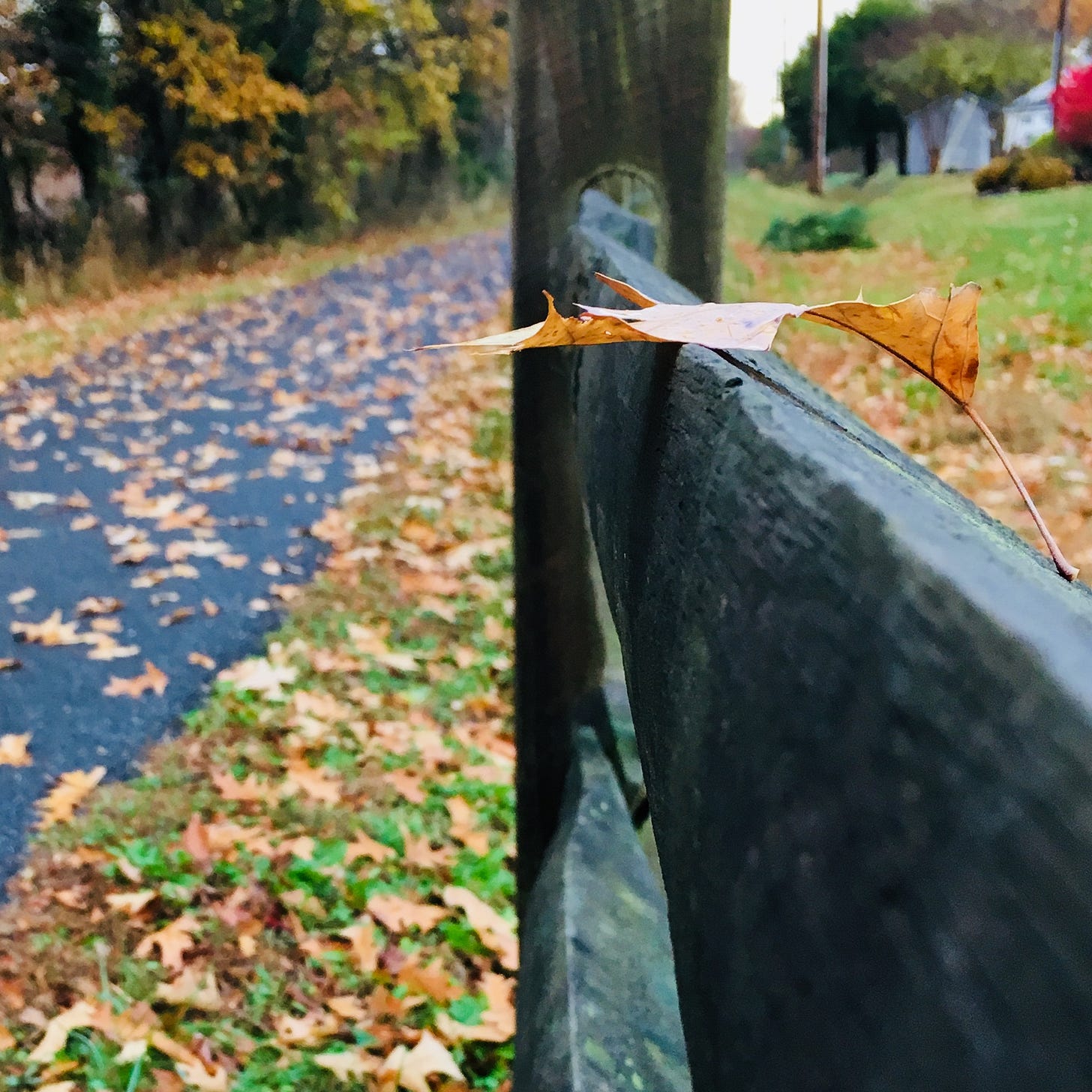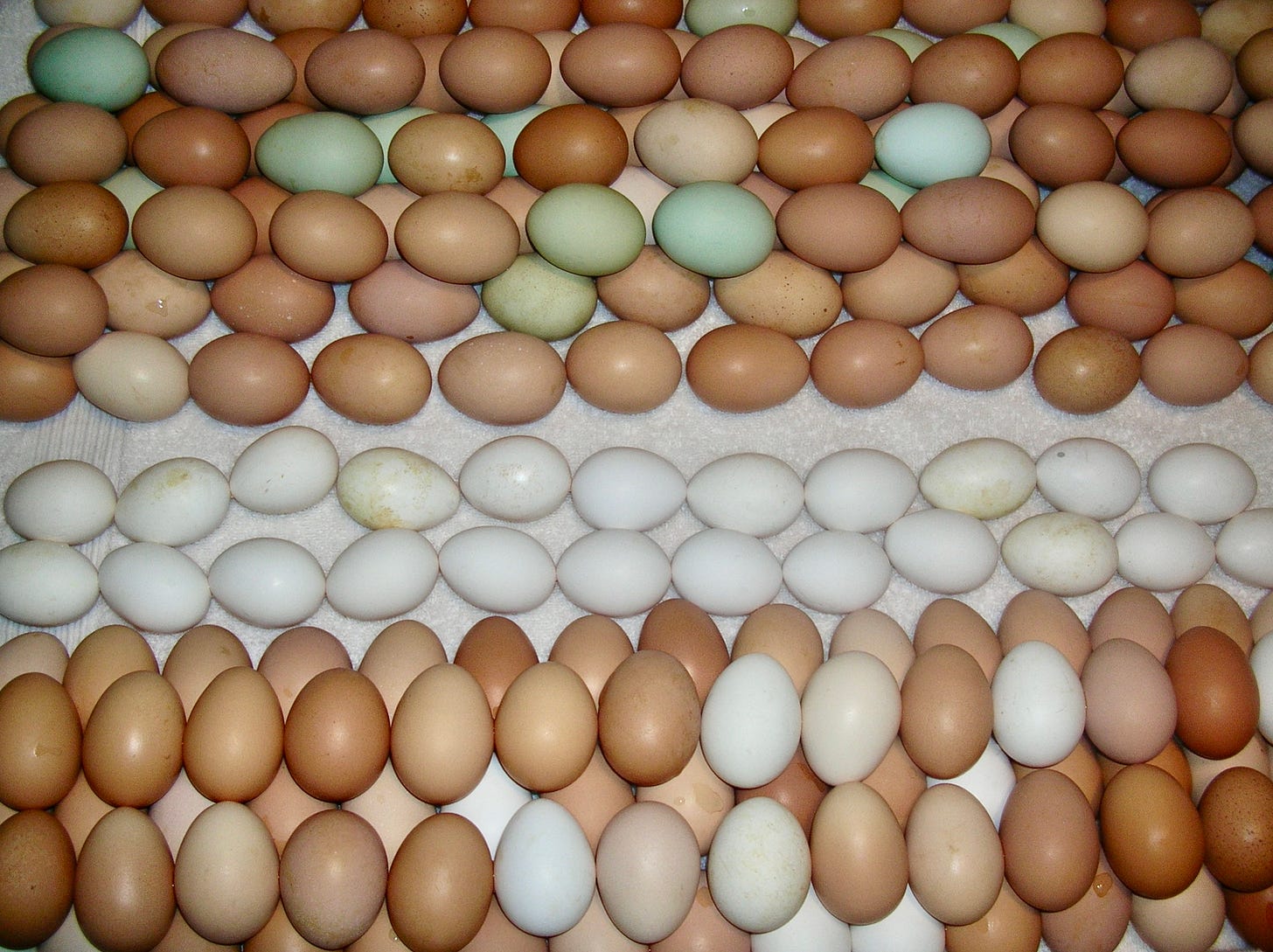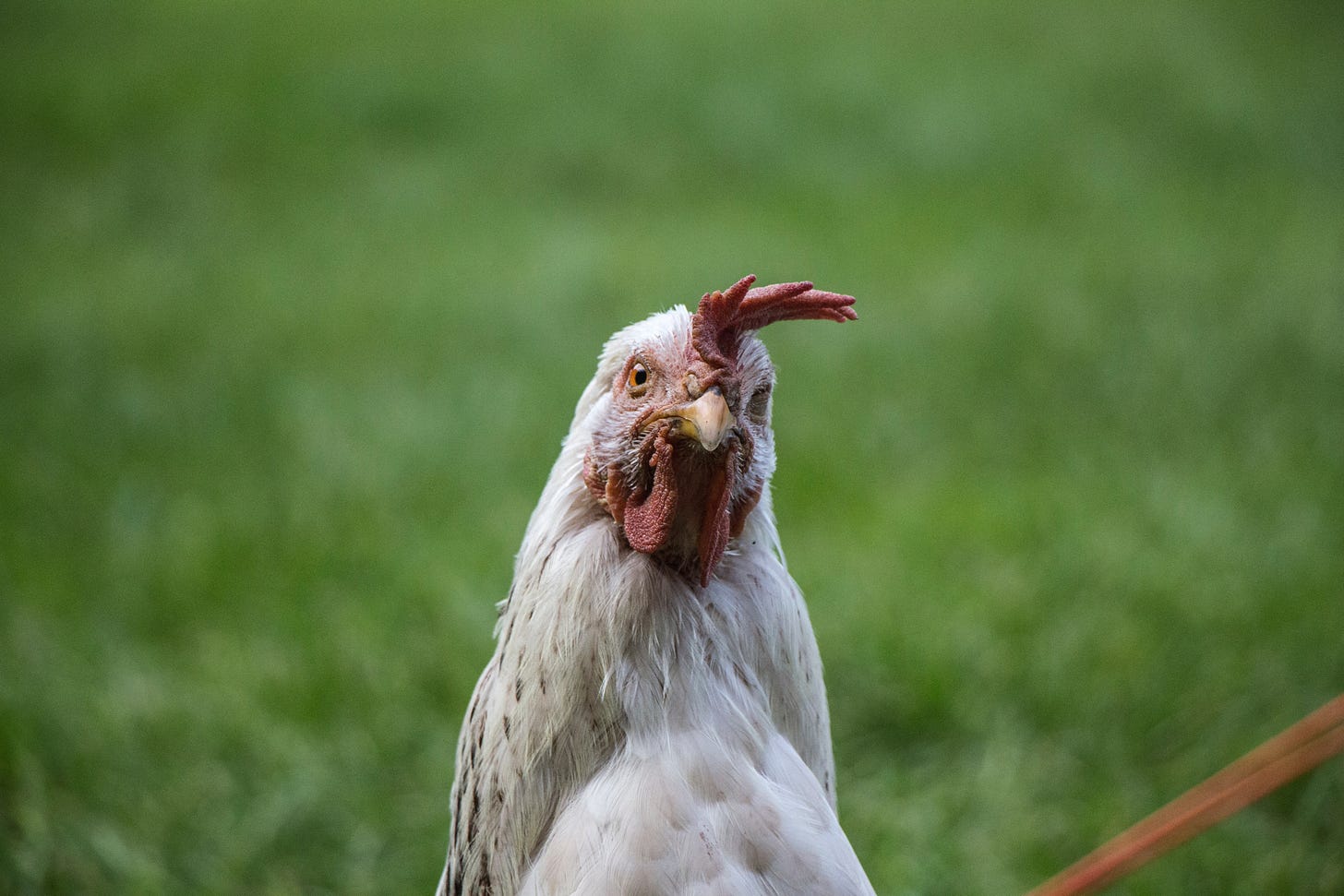Did you feel it? That fleeting sensation of equality? The hours when day and night were in balance? Or maybe you remember September, when the same thing happened?
Yeah, me either.
Though I make a quasi-ritual of acknowledging the vernal and autumnal equinoxes, those twice-a-year times when earth’s tilt aligns with the angle of its orbit around the sun, bringing both northern and southern hemispheres equivalent hours of daylight and darkness, I don’t feel any more balanced those days than on any of the other 363 days of the year. With too many household, work, and volunteer commitments than I can reliably accomplish during my waking hours, my days and nights often feel uncomfortably full. Equinox or not, I rarely hit the hay having checked everything off my list. Clearly, something needs tweaking.
Seeking balance might seem a justifiable modern quest to eke out as much satisfaction as possible from our existence, but there is nothing particularly new about it. Though it’s difficult to calculate historical working hours, particularly when it comes to our farming forebears, research affirms that the following are true:
Workers have pushed for shorter work weeks since the first Industrial Revolution.
The hard-work-equals-salvation tenets of the Puritans laid the foundation for our abiding tendency to overwork and our contemporary hustle culture.
Work weeks have trended consistently shorter since the 1800s.
Wait, what? Time at work has been declining for more than a century?! Yes, according to research by Robert Fogel, as reported by the Economic History Association, we are far better off now than we were back when.
In 1880 a typical male household head had very little leisure time — only about 1.8 hours per day over the course of a year. However… between 1880 and 1995 the amount of work per day fell nearly in half, allowing leisure time to more than triple. Because of the decline in the length of the workweek and the declining portion of a lifetime that is spent in paid work (due largely to lengthening periods of education and retirement) the fraction of the typical American’s lifetime devoted to work has become remarkably small.
On paper, the hours we spend on and off work are more equitable now than they’ve ever been, and yet a Google search for “work-life balance” turns up nearly 3 billion (not a typo) results. So, what’s driving our feelings of imbalance?
We need to acknowledge, for starters, that it’s possible we’re not working as little as some suggest. Studies indicate that those working from home are actually working longer hours than they were before the pandemic. Unpaid, overtime hours might not be included in historical tallies like the one above.
It’s also worth noting that the expectation that we should devote eight hours a day, five days a week, to our paying pursuits still doesn’t mean we’re not overworked and at risk of burn out. This is as much about how we feel about how we’re spending our time - and whether the juice is worth the squeeze - than it is about the time itself.
There’s no getting around the fact that many in the labor force are frustrated by what they perceive as an inequitable distribution of time spent on the job versus time left for everything else. The Great Resignation, now evidenced by quiet quitting, is a solution for some, but at least half of those employed are still holding out for different options. Until more companies adopt four-day work weeks, or nine-day fortnights, it pays to consider what’s left.
I believe we can make personal choices that get us closer to the elusive work-life balance we’re searching for. Here are a few ideas I’ve been testing out the past few months that are proving helpful for me:
Acknowledging what is instead of what isn’t. Like many of you, I’ve spent my share of time between jobs. When I’m fortunate enough to have paying work, like I do now, I make a point of cultivating appreciation for the opportunity. No situation is perfect. Certain levels of dissatisfaction are to be expected in every position, but it’s helpful to focus on the positives. If I’m belly-aching about missing out on something I wanted to do because of a work conflict, it’s not unusual for me to state out loud, in the next breath, that I am grateful to have a job. The last thing I want is to send the wrong message to the Universe’s HR department!
The same approach could be applied to volunteer roles and hobbies. If the activity brings fulfillment, it’s probably worth tolerating a few flaws. It might be okay that you’re setting up chairs instead of sitting at the registration table, or that you didn’t get enough time on the Pickleball court last week, as long as you found reason to smile while doing whatever you did.
Reducing tension when I can. Life has a way of going sideways, and the frequency with which one upheaval leads to another is simultaneously impressive and annoying. If I can resist piling on additional fuel, I am more likely to be able to contain the original fire. It’s up to me to keep the funk of a challenging day from spreading to others in my path. My coworkers, my husband, my kids, the slow driver in front of me, the disengaged cashier – none of these folks signed up to clean up my shit. It’s really that simple.
Creating harmony where I can. Disequilibrium isn’t easy to discern within broad categories like “work” and “family.” The devil is definitely in the details. What’s out of whack? Maybe for you it’s mindless scrolling on social media, excessive time on the golf course, caffeine, online shopping, happy hour hopping. Recently, for me, it’s been my version of junk food. By most standards, I eat well, but I’ve been letting certain indulgences go unchecked. Three weeks ago, I gave myself a temporary moratorium on processed sugar and crappy snacks. Get thee behind me, Ghirardelli chocolate chips and Trader Joe’s Organic Corn Dippers! Remarkably, bringing my eating habits back to center helps me feel like other aspects of my life are also more reasonable.
In tandem with curbing less desirable habits I also made a commitment to rediscovering practices that cultivate calm. For me, that means afternoon power naps when I need them (20 minutes is my sweet spot but 10 will do in a pinch) and a yoga class one evening per week.
Mimicking nature. The natural world dwells in transition. Living beings spring to life and fall into decay. Like the slow swing of a pendulum, bodies of water are raised and lowered by the gravitational influences of the moon and sun, which in turn govern night and day. Without darkness, could we understand or appreciate the light? One moment balance is achieved, the next it’s gone. Even though the system as a whole is regenerative, stasis within any one element is ephemeral. It is my objective to apply similar principles to my own perfectly imperfect life, to observe changes as they come, to respect the perpetual ebb and flow of effort as not just normal but valuable, to give myself permission to work hard without resentment, and to rest without shame.
Back in my farming days, I helped steward a flock of about 125 chickens whose eggs we sold to local buyers. Young hens lay an egg a day, on average. I was glad to never be subjected to that kind of reproductive assault, but I also envied how the more mature girls took a laying hiatus every winter. Within a week of summer solstice, we saw incremental declines in egg production that coincided with the gradual decrease in day length. This persisted until winter solstice, when the cycle reversed. Twice a year, instinctively, our chickens modeled balance.
We could have opted to install artificial lights to keep them in production, but their laying patterns fit well with our sales cycles. And, anyway, after working so hard for so many weeks in a row, we always felt they deserved a break.
~Elizabeth









It’s Saturday. Your essay arrived on Wednesday. I’m only getting to it today. I’m retired but have been too busy to read it until today. When I retired I began saying “yes” to many things which had previously been out of reach given my work schedule. I am learning about the degree to which I can obligate myself but I seem to be a slow learner. I would do well to pay attention to the chickens - and the birds- and the muskrats - and, and, and. I don’t have time to comment further. I need to google equinoxes. But before that I need to see if the correct plural of equinox is equinoxes or equinae. And then there is Wordle and Quordle. And checking the forecast to see if it’s time to plant beets. And……
Equanimity is a term I think about a lot. It comes from Latin, aequo animo, equal mind. Thanks for your thoughts on how one can balance the mind; and for reminding me (on this celestial equinox) that balance starts in the mind. The fault lies not in the stars but in ourselves - didn’t Shakespeare write something like that?